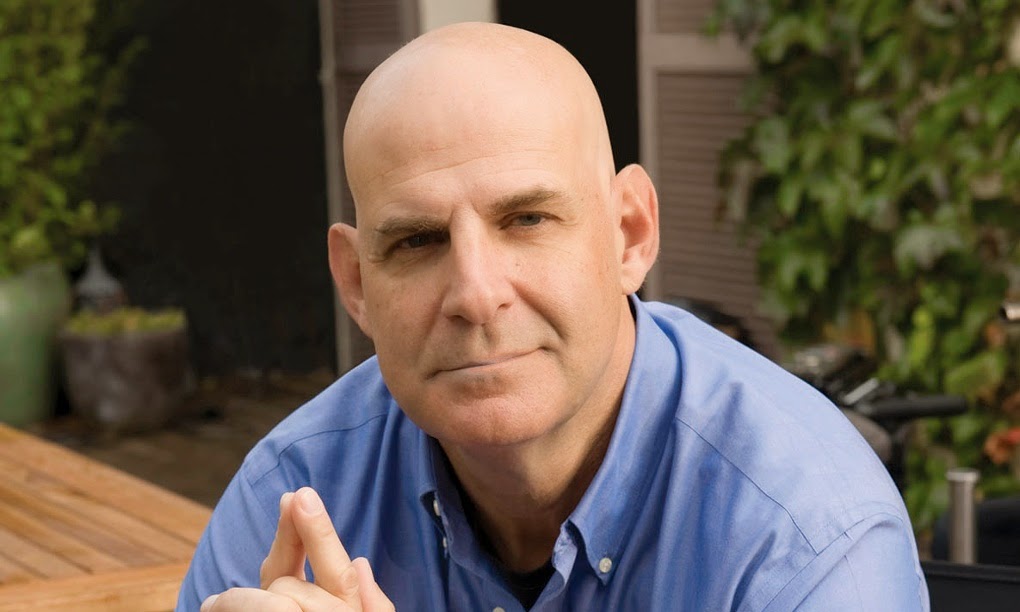“The stranger didn’t shatter Adam’s world all at once.” So begins Harlan Coben’s twenty-fifth mystery novel, The Stranger.
Adam Price is a former prosecutor turned eminent domain lawyer (and pardon my irrelevant aside: I can’t think of any area of the law more boring, but I digress). He loves his life: his wife Corinne, his two boys, his house, his friends, his suburban New Jersey town. As a fellow “lacrosse dad” crows, “We’re living the dream!”
Then, a stranger walks up to Adam and reveals the “terrible secret” Corinne has kept hidden for some two years. It rocks Price to his core.
He investigates and then confronts her. She disappears and he spends the rest of the novel searching for her.
The stranger approaches others – he knows what shameful things they’ve done – and demands money. Pay up, he says, or we’ll reveal your secret to the world.
There are numerous subplots: Corinne is an officer of the kids’ Lacrosse League and money is missing from its funds. The head of a company about to launch an IPO may have been consorting with “sugar babies” (a euphemism for college girls working as prostitutes) through an internet site – one of the “sugar babies” is the daughter of a murdered woman. Residents of the town who appear prosperous are really about to lose their homes to foreclosure. Marriages that look great on the surface are disintegrating. Just an ordinary suburban town with ordinary folks “living the dream” as bodies pile up.
Coben can always be relied on to generate thrills from the simplest premises, but his finest tales maintain a core of logic throughout the twists. This 100-proof nightmare ranks among his most potent.” Kirkus Review (2/3/15)
True and, as The New York Times pointed out (3/25/15),
Some of the elements of the overall conspiracy aren't fully explained, but that doesn't matter since that makes the scenario all the more believable. Real life doesn't come wrapped up in a pretty box, and this page-turner is one stranger that readers will want to meet.
In a “conversation” in The Huffington Post (3/25/15), Mark Rubenstin notes that Coben’s plots are “quite intricate with many twists” and asks how he structures them. Coben replies:
When I start to write, I know the beginning and the end, but I don't know much in between. I've often compared it to travelling from my home state of New Jersey to California. I could take Route 80 – the most direct route – but chances are I'll go via the Suez Canal, and stop at Tokyo. But, I always end up in California.
Rubenstein asks: What would you be doing if you weren’t writing? Coben replies:
I have no other marketable skills. I'm disorganized, forgetful, and easily distracted. I don't know what I would be doing. Frankly, that's part of what makes me a writer. Writing is a form of desperation. Most writers aren't capable of handling a real job in society. This is all we have. So, this is what I do.
So? Any writers out there with day jobs who'd care to offer a retort?



No comments:
Post a Comment